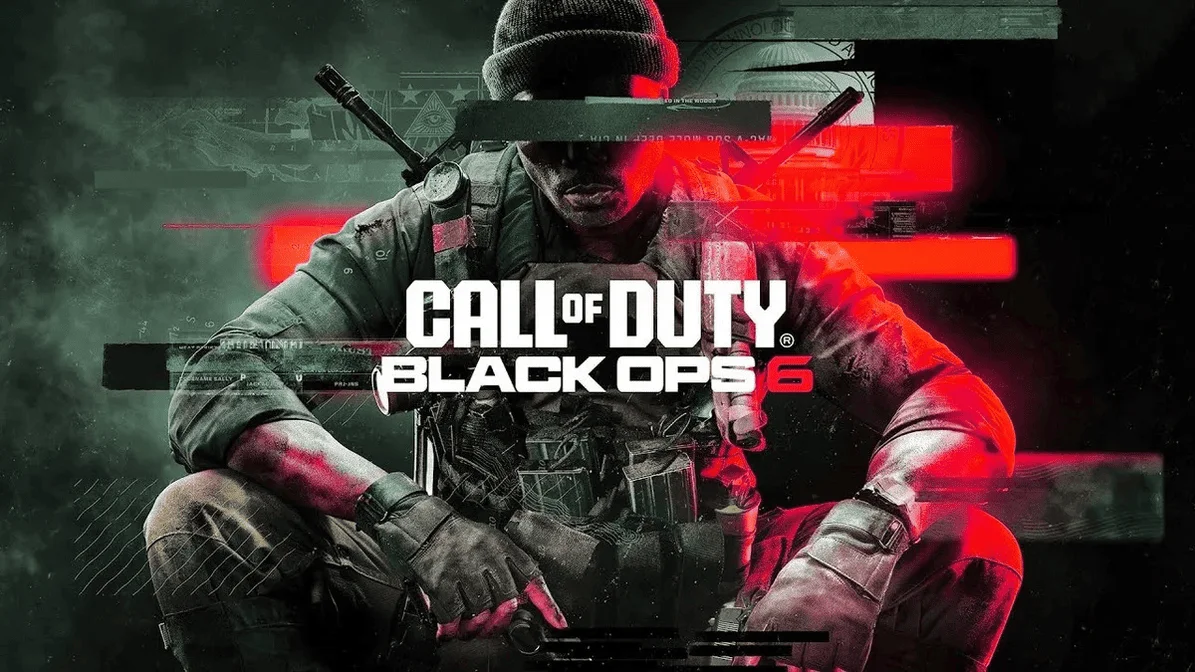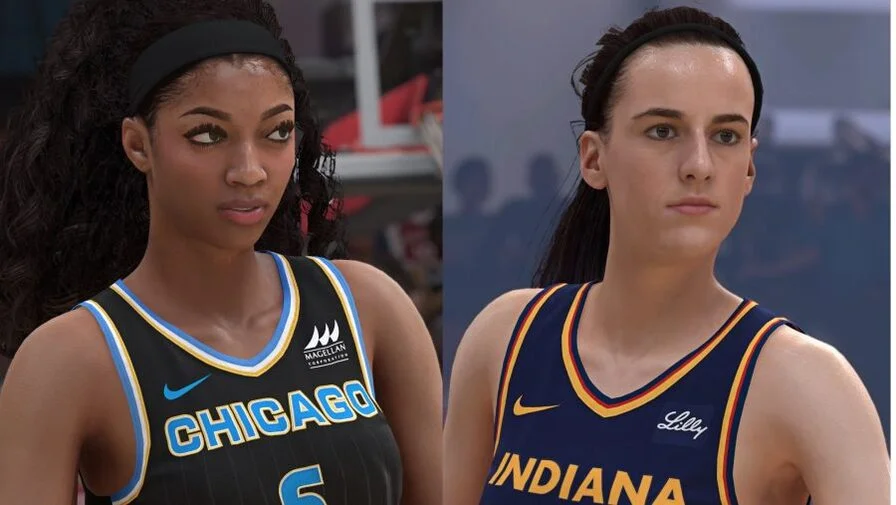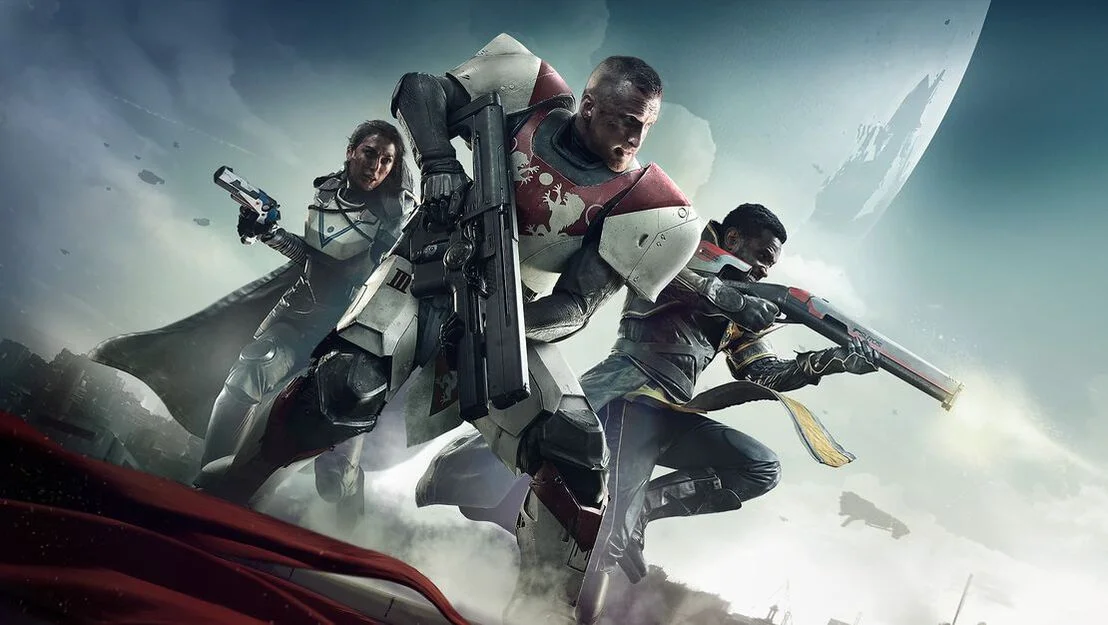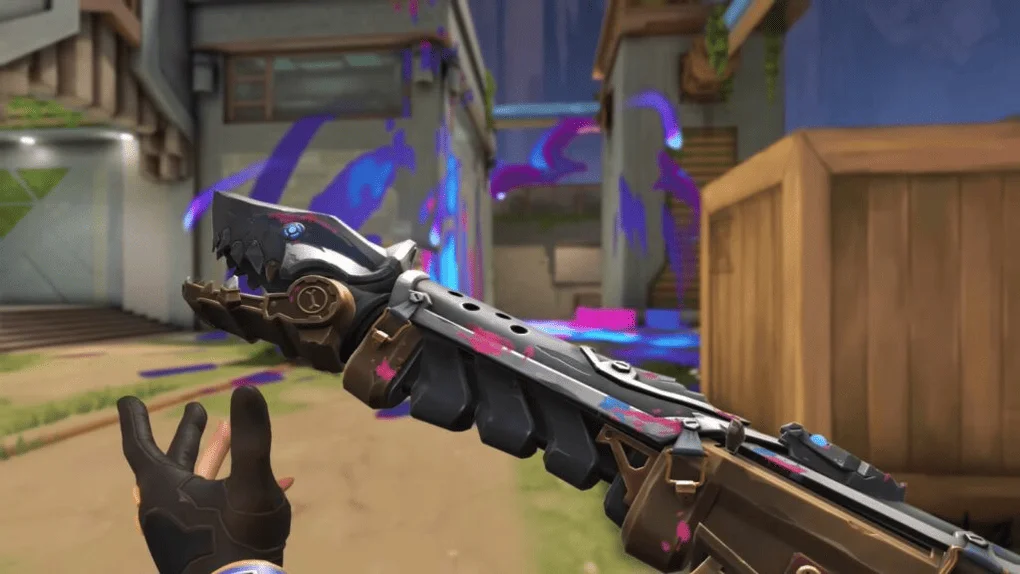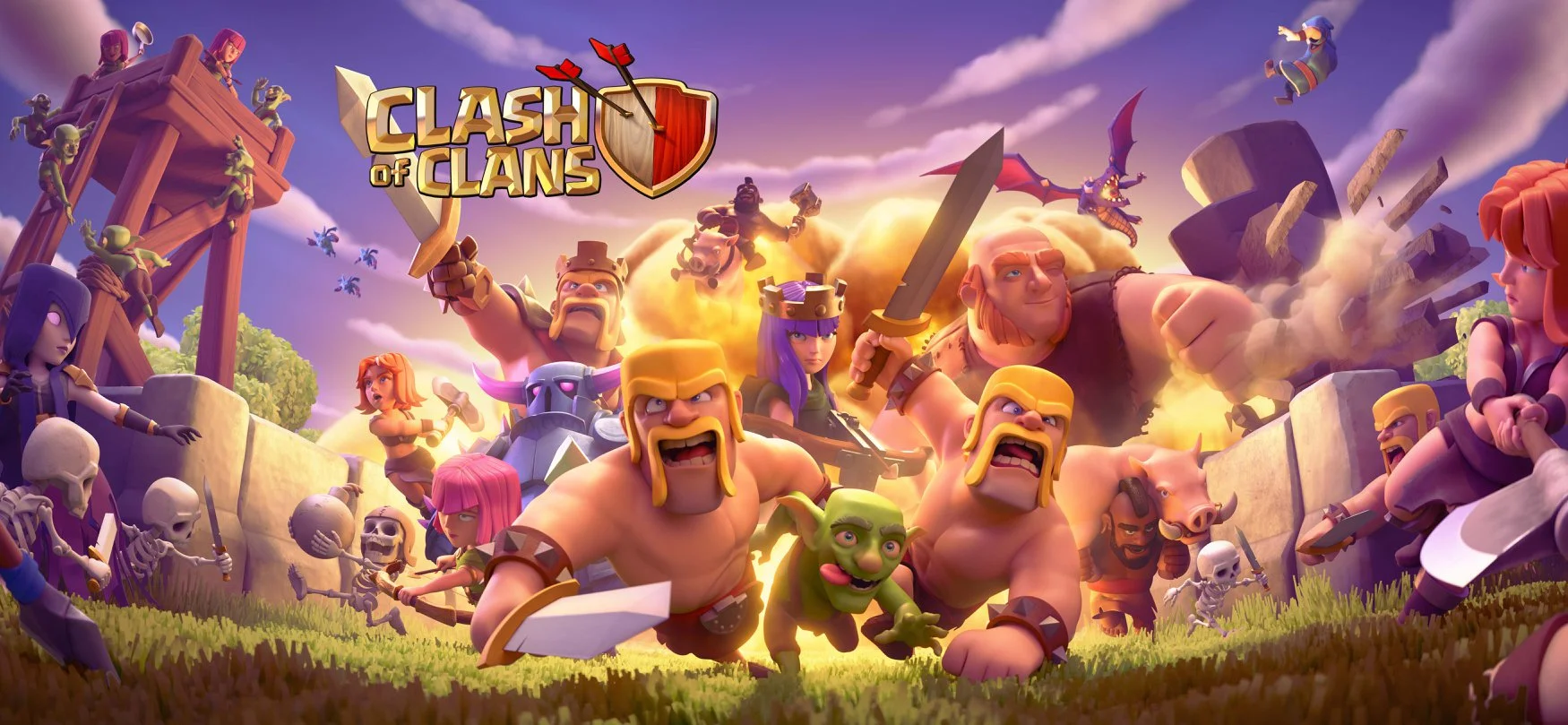In a surprising move, Kuwait has banned the latest release in the Call of Duty franchise, Black Ops 6, due to its portrayal of Saddam Hussein, the former Iraqi dictator. The game, which includes scenes set in the 1990s during a pivotal period of Middle Eastern history, sparked immediate controversy in Kuwait, a country that endured Saddam’s invasion in 1990. In this blog, we will explore the reasons behind the ban, the impact on the gaming community, and what this means for the future of video games in politically sensitive regions.
1. Introduction
Kuwait’s decision to ban Call of Duty: Black Ops 6 has sent shockwaves through the gaming world. This popular first-person shooter franchise, which has long been known for its gripping, historical narratives, recently crossed a line in the eyes of Kuwaiti authorities by featuring Saddam Hussein, a figure tied to one of the darkest periods in the country’s history.
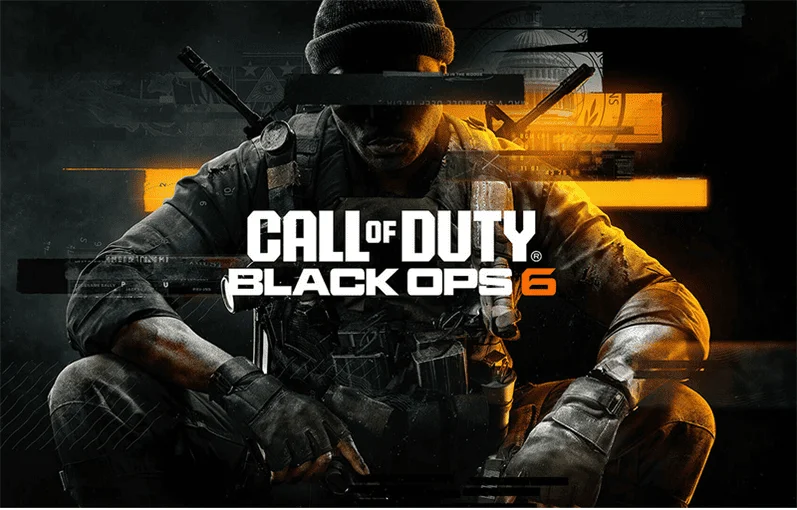
While video games often depict real-life events, this particular inclusion touched on deeply sensitive memories for Kuwait. The decision to ban the game raises questions about how much creative freedom video game developers should have when dealing with real-world historical figures, particularly those associated with trauma.
2. Background on Call of Duty: Black Ops 6
The Call of Duty series has a long history of integrating real-life events into its storylines, often providing an immersive experience of major historical conflicts. Black Ops 6 is no different, focusing on the geopolitical conflicts of the 1990s. However, this time, the game incorporates one of the most controversial figures of the Middle East: Saddam Hussein.
The game’s storyline transports players back to the early 1990s, a time of turmoil in the region, with Saddam’s Iraq playing a central role. As a key antagonist, Saddam Hussein is portrayed as a powerful dictator, and his presence is woven into the plot, potentially even influencing the game’s missions. However, for Kuwaitis, who experienced the horrors of the Iraqi invasion, this depiction is not just a fictional twist—it’s a painful reminder of a devastating chapter in their history.
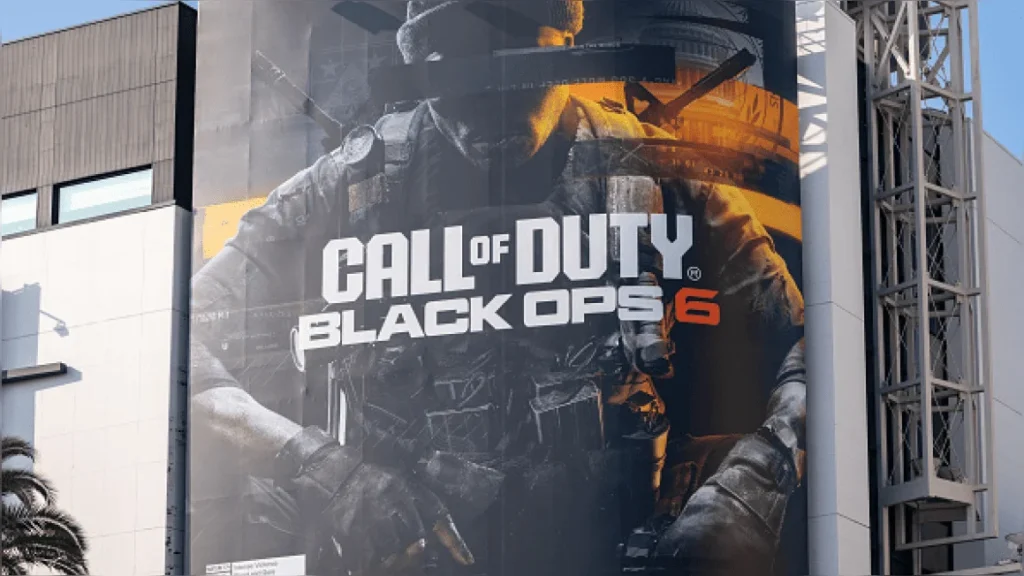
3. Why Kuwait Banned the Game
The root of Kuwait’s decision lies in its historical relationship with Saddam Hussein. In 1990, Iraq, under Saddam’s rule, invaded Kuwait, leading to a brutal seven-month occupation. This event, known as the Gulf War, left deep scars on the Kuwaiti population and its national psyche.
For many Kuwaitis, Saddam Hussein remains a symbol of oppression and violence. By featuring him in a video game, especially one that allows players to interact with his character, Call of Duty: Black Ops 6 reopened wounds that have yet to fully heal. Kuwait’s Ministry of Information issued a swift ban, stating that the game disrespects the country’s history and the suffering its people endured during the invasion.
In the broader context, this ban aligns with Kuwait’s existing policies on media and entertainment, where content deemed offensive or insensitive to the country’s cultural or historical values is often prohibited. Video games, movies, and books that touch on sensitive political subjects are regularly scrutinized by the government to ensure they do not harm the national narrative.
4. Public and Gamer Reactions
News of the ban quickly spread on social media, sparking a range of reactions. In Kuwait, many citizens expressed relief, agreeing with the government’s decision to protect the country’s history and dignity. For them, the inclusion of Saddam Hussein in any form of media—especially entertainment—feels inappropriate.
However, the international gaming community, particularly Call of Duty fans, had mixed reactions. Some felt that banning the game for its historical content undermines creative freedom, while others sympathized with Kuwait’s decision, acknowledging the country’s right to regulate what it deems offensive. On platforms like Twitter and Reddit, discussions about the ethical implications of featuring real-life political figures in video games grew, with many gamers pointing out that games often serve as a medium for education and reflection on history.
Gamers in Kuwait were understandably disappointed by the ban, as it meant missing out on a highly anticipated title. Despite this, most understood the government’s stance, given the sensitive nature of the subject matter. Some speculated whether the developers could release a modified version of the game, excluding Saddam Hussein, to make it available in the country.
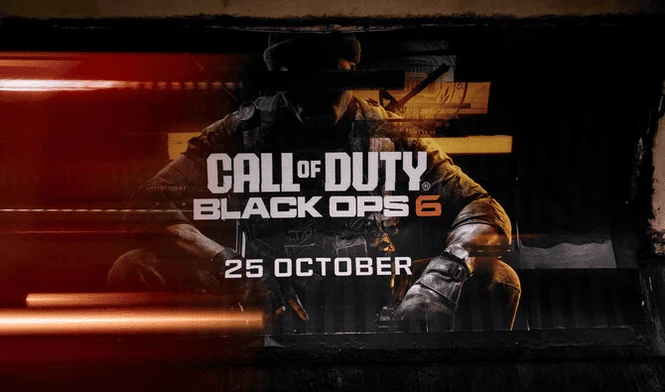
5. Impact on the Gaming Industry
The decision to ban Call of Duty: Black Ops 6 in Kuwait isn’t an isolated incident in the gaming world. Political and cultural controversies have long played a role in shaping the release and reception of video games. However, this ban highlights an important issue: how games portraying real historical events can stir strong emotions, particularly in regions where those events are still a part of living memory.
Other countries have faced similar challenges. For example, games that depict the Vietnam War, World War II, or Middle Eastern conflicts have been banned or heavily censored in regions sensitive to those subjects. In some cases, developers have altered certain aspects of their games to comply with local regulations, but in others, they’ve defended their creative choices, arguing that video games are a form of artistic expression that shouldn’t be censored.
For the gaming industry, this ban underscores the importance of cultural sensitivity. Developers are likely to become more cautious when incorporating real-life historical figures into their games, especially those tied to trauma and conflict. In regions like the Middle East, where political history is deeply intertwined with national identity, game developers must walk a fine line between storytelling and respect for local sentiments.
6. Conclusion
Kuwait’s ban on Call of Duty: Black Ops 6 serves as a stark reminder of the complex relationship between entertainment and history. While video games are a powerful medium for storytelling, they can also unintentionally reopen old wounds, especially when they touch on sensitive political issues.
The controversy over Saddam Hussein’s portrayal in the game illustrates the delicate balance developers must strike when creating content for a global audience. As video games continue to evolve as a form of artistic and historical expression, developers will need to be mindful of the cultural and political landscapes in which their games are released.
Ultimately, the future of Call of Duty and similar franchises will depend on how well they navigate these challenges. While the ban is a setback for the game in Kuwait, it also opens up important conversations about the role of video games in exploring historical events and how far creative freedom can go in representing controversial figures from the past.
This ban on Call of Duty: Black Ops 6 in Kuwait will undoubtedly shape future video game releases and encourage developers to consider how their content may be received in different parts of the world. For now, Kuwaiti gamers will have to wait and see if the game can be adapted for a more acceptable version, while the international community continues to debate the fine line between entertainment and history.
Read more related posts:
- Spider-Man Game Just Got a MAJOR Update—Here’s What You Need to Know!
- Top Anime-Based Games for PS5 and Xbox in 2024
- Los Santos Meets Assassin’s Creed Unity: A Groundbreaking Modding Experience

Anime Edt, who goes by _anime.4k_ on Instagram, is a seasoned anime content creator with a true passion for the art form. Boasting 217 captivating posts and a loyal following of 23.7K, Anime Edt has become a respected voice within the anime community. From in-depth reviews and character deep dives to insightful analyses, Anime Edt shares a wealth of anime knowledge that both educates and enthralls fans. Follow Anime Edt on Instagram to dive into the vivid and dynamic world of anime, where every post is a new adventure.

